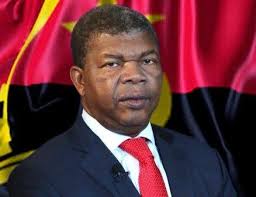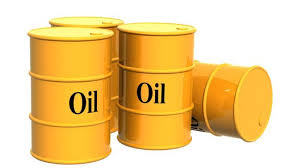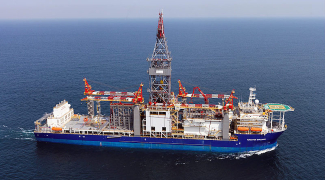
London/Lagos — The coronavirus pandemic has done in a handful of months what even a 27-year civil war did not: it has brought oil drilling to a halt in Angola, Africa’s second-largest oil producer.
The consequences could be grave for a poor country that relies heavily on oil revenues and is saddled with debts that exceed its economic output.
The halt in oil exploration, which has not been previously reported, could represent a setback for one of the most ambitious economic reform drives on the continent, aimed at cleaning up corruption and attracting foreign money. It comes as Angola seeks buyers in its push to privatise state energy assets, which is central to the reform process.
An oil price crash last month to two-decade lows has prompted all international energy majors operating in Angola – Total, Chevron, ExxonMobil, BP and Eni – to idle or ditch their drilling rigs, according to company sources, Refinitiv ship-tracking data and industry experts.
France’s Total, responsible for almost half of Angola’s oil output, told Reuters it would not drill for more oil for now due to the coronavirus crisis, instead focusing on current production.
“We have suspended all our drilling activities like all other operators in Angola,” it said.
Angola Oil & Gas 2019 Conference & Exhibition promotes new investment
Sarah McLean, senior analyst at IHS Markit, said it was the first time since its records began in 1984 that Angola had not had a single rig drilling. The London–based information provider had expected at least 10 rigs to be operating there by the end of 2020, the highest number for any African nation this year.
The Angolan finance ministry and president’s office did not respond to Reuters requests for comment, nor did state oil giant Sonangol, which works in partnership with the foreign oil majors.
DAMAGED, DOCKED, DORMANT
Angola’s prospects looked bright going into 2020.
Energy majors increased their exposure to Angola in the wake of reforms to investment laws by President João Lourenço, who took power after almost four decades of rule by Jose Eduardo dos Santos, and greater transparency at Sonangol.
They planned to operate more drilling ships in Angola than anywhere on the continent to tap tantalizing new offshore discoveries this year.
Then COVID-19 struck.
As global demand fell off a cliff amid lockdowns, oil companies lopped billions from planned spending.
Angola, with its relatively high-cost offshore fields, was among the first on the chopping block. Reduced demand from the virus’s first victim, China – the top destination for Angolan oil – also hit the southern African country hard.
Total, in a bad portent, had already cancelled one drill ship after a March 7 technical problem. The vessel is now parked off the Canary Islands, according to Refinitiv tracking data.
The French producer has since idled three other drill ships; Transocean Skyros and Maersk Voyager were sent to docks at the capital Luanda while Seadrill West Gemini lies dormant at Walvis Bay in Namibia, the tracking data shows.
Total did not comment on specific ships, but said it hoped to restart gradually “as soon as the situation allows”.
U.S. major Chevron cancelled its contract with rig supplier Valaris, in late March, and parked the drill ship, Valaris 109, in the capital. A Chevron spokesman said it would continue “cost-managed production” at existing fields.
Meanwhile, two offshore discoveries which Italy’s Eni described as “significant” last year are now on ice, the company told Reuters.
American firm ExxonMobil and Britain’s BP, the other oil majors in Angola, have also cancelled planned drilling until at least 2021, according to industry sources.
Exxon and BP declined to comment.
Follow us on twitter
– Reuters



